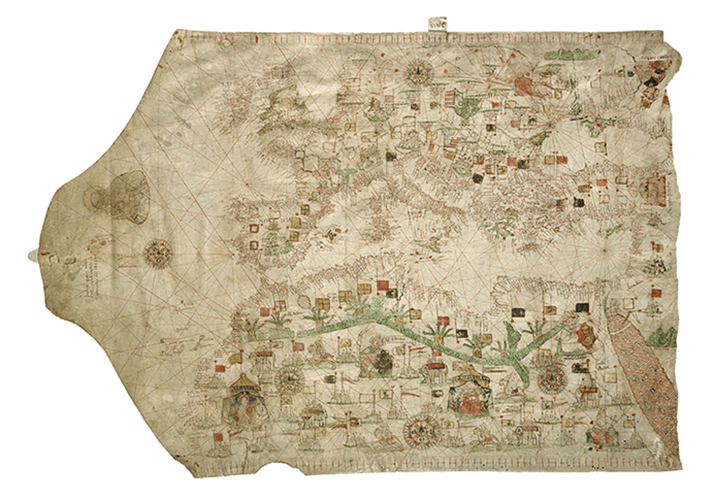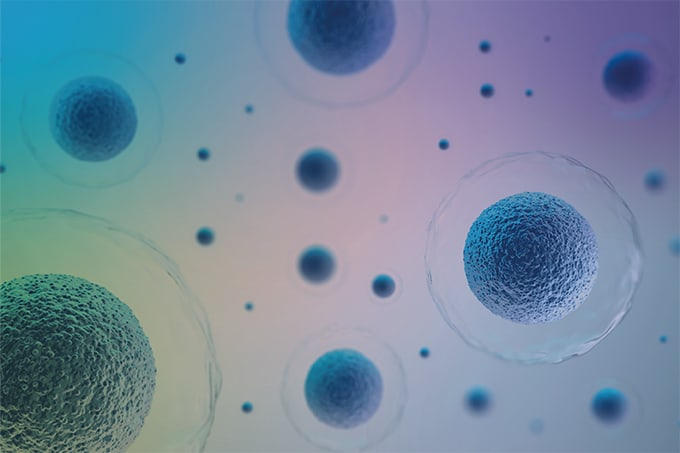OK – Jurassic was an exaggeration. Nevertheless, mass spectrometry (MS) has been used to analyze DNA extracted from ancient animal skin parchments obtained from an archive in York, UK; researchers are hoping to identify variations in animal livestock that have long since been lost through agricultural reform and breeding programs (1). “I was invited to visit the new Borthwick Institute for Archives. Everyone was impressed with the high-tech nature of the facility – but all I could think about were the racks and racks of dead animal skins that I wanted to analyze,” says Matthew Collins, a professor in the University of York’s bioarchaeology department and one of the study authors. “I’d had a student working for three years to see if it was possible to look into a particular economy through the pattern of animal bones. But during that time, we only had around 20 or 25 animals to work with. Suddenly, there were thousands of animals before me – and most had a date written on them.”

Collins and his colleagues used a combined proteomic/genomic approach to identify the source species of various parchments. And though it isn’t the first time that researchers have sought to obtain DNA from parchment, previous attempts have not always been successful because of limitations in controlling and estimating contamination, according to Collins. Analysis can also be tricky if multiple skins have been washed, cured and depilated together. Fortunately, technology has opened up new possibilities. “We used MALDI-TOF MS to fingerprint the proteins in a sample,” says Collins. “A protein called collagen dominates skin and different species have different collagen sequences. MALDI-TOF can rapidly and cheaply discriminate these, and we used next generation sequencing to analyze millions of fragments of DNA from a sample in parallel,” says Collins. “DNA exists in parchment as short fragments, which are ideally suited for this type of analyses. One of our next goals is to perform the analysis non-destructively. We’re working on a new paper about that right now…” Collins estimates that there could easily be over one million parchment documents in the UK alone, representing a vast, untapped resource into understanding the development of livestock across the centuries.
References
- M.D. Teasdale et al, “Paging Through History: Parchment as a Reservoir of Ancient DNA for Next Generation Sequencing”, Philosophical Transactions B, doi: 10.1098/rstb.2013.0379 (2014).




